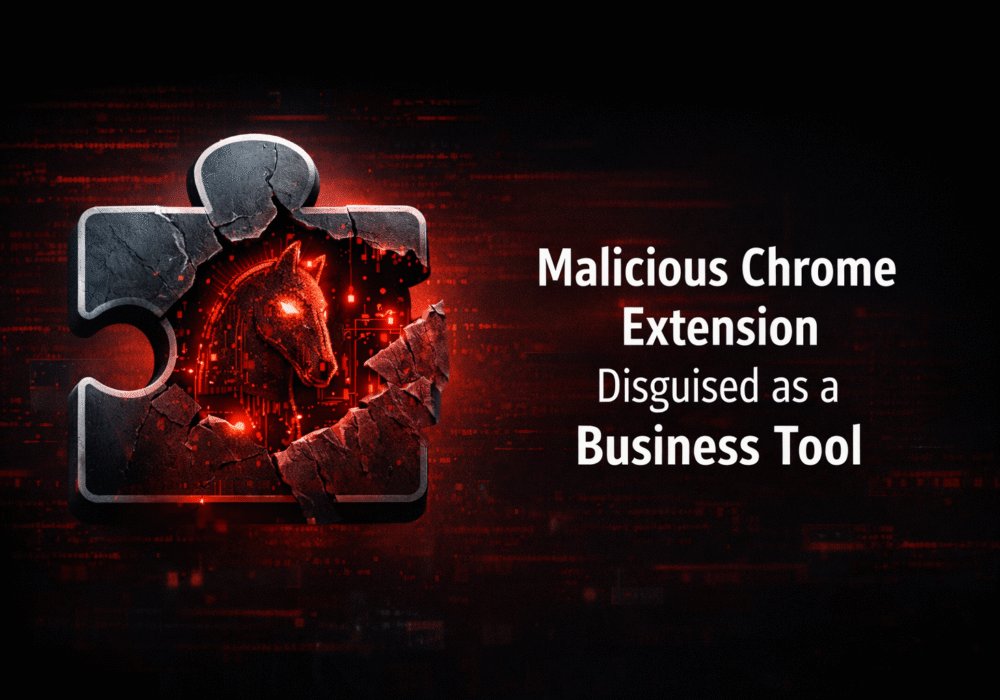
In today’s online world, the trusty password is facing an existential crisis. With cyber threats evolving at an alarming rate, relying solely on passwords for online security is like leaving the front door of your house not just unlocked, but wide open, overnight! As technology advances, so must our approach to protecting our online selves. This article explores the growing adoption of Passkeys, why they are more secure, and who’s using them.
Let’s face it: passwords are inherently flawed. They’re often too easily guessed, prone to being forgotten, susceptible to brute force, and stolen in plaintext during breaches! With the growing number of accounts we all have, unless your one of the 24% of people who use a Password Manager, you are reusing passwords online! Around two-thirds of Americans use the same password across multiple accounts and 13% of Americans use the same password for every account. Add to that the growing sophistication of cybercriminals, and it’s clear that passwords alone have never been sufficient to protect us.
The concept of passwordless authentication isn’t new, but it’s gaining traction as a viable solution to improving our security. Instead of relying on memorized strings of characters, passwordless authentication utilizes other factors to verify a user’s identity. This could include biometric data like fingerprints or facial recognition, hardware tokens, or cryptographic keys known as passkeys. CyberHoot has written about Passkeys over the last two years (here and here)
Biometric authentication adds a uniquely human element to the security process. By leveraging physical traits such as fingerprints or facial features, biometric authentication offers a level of security that passwords simply can’t match. After all, it’s much harder for an imposter to mimic your fingerprint than to guess your password.
Hardware tokens, such as USB security keys, provide another layer of security by requiring physical possession of a device to authenticate. These tokens generate one-time codes that are nearly impossible to intercept or replicate, significantly reducing the risk of unauthorized access.
Cryptographic keys, known as Passkeys, take security to the next level by using complex algorithms to authenticate users. These keys, stored securely on a device or in the cloud, are virtually impossible to crack and cannot be used in replay attacks if stolen. They are tied to the machine on which they where created and are used on. While more complex to implement, cryptographic keys offer unparalleled security for those willing to make the investment. Even Target.com is now accepting Passkey authentication.
Passkeys come in two distinct forms: Multi-Device Passkeys and Device-Bound Passkeys.
Regardless of the type, all passkeys offer several common benefits:
As cyber threats continue to evolve, the need for stronger authentication methods becomes increasingly important. Passwordless authentication offers a promising solution to the shortcomings of traditional passwords, providing a more secure and user-friendly way to protect our online identities. While the transition may require some adjustment, the benefits far outweigh the challenge. So why wait? Join the passwordless revolution today and take control of your online security. Your digital self will thank you for it.
Discover and share the latest cybersecurity trends, tips and best practices – alongside new threats to watch out for.

If a Chrome extension promises to remove security pop-ups and generate MFA codes, that should make you...
Read more
Cyberattacks usually start with phishing emails or weak passwords. This one did not. Security researchers...
Read more
Not surprising when Trouble Ensues Last summer, the interim head of a major U.S. cybersecurity agency uploaded...
Read moreGet sharper eyes on human risks, with the positive approach that beats traditional phish testing.
